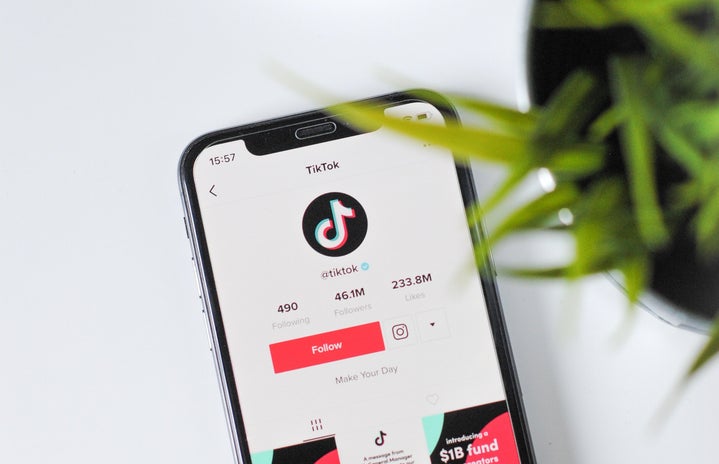Now as always in our modern history, the global capital finds new ways of seducing consumers. In the digital age, influencer marketing has become a mainstream strategy which is commonly practiced on social media platforms such as TikTok, YouTube, and Instagram. Influencer marketing involves adverts, sponsorships, and promotional content made through partnerships between brands and influencers. For the last few years this has proven an incredibly successful marketing tactic growing to $16.4 billion in 2022. In this respect, it has effectively superseded the success that celebrity endorsement marketing once maintained. This success can be derived from the very nature of the parasocial relationships that are uniquely cultivated between influencers and their audiences. Online personalities have mastered the ability to curate large and loyal fan bases who – even if these audiences are not interested in the brands being sold to them – will take their favourite influencers opinions on these products as gospel. This has created a lucrative and opportunistic point of sale for businesses as sales are generated through the expectations of mutuality and trust between influencers and their audiences.
The prerequisite of trust and honesty is what defines successful influencer marketing. These ideals, which audiences expect so highly of content creators, have become somewhat shrouded in controversies. Paid sponsorships have raised concerns of integrity. Is it appropriate for influencers to lie and sell products to their vulnerable audiences? Even more so, should we even trust influencers to begin with? These questions have resurfaced following the most recent TikTok scandal involving popular beauty influencer Mikayla Nogueira. Her once solid reputation has become embroiled in scandal in the now infamously named ‘Lashgate’ controversy. Nogueira maintained notoriety on TikTok as a trustworthy individual whose makeup reviews were dependable and reliable. Following a sponsored video with L’Oréal Paris, Nogueria was accused of being deceitful and using false eyelashes (specifically Ardell Whispies) while reviewing the new Telescopic Lift Mascara. The video has since generated over 50 million views with outraged fans filling her comment section claiming she is lying to her audience. This incident has somewhat re-shaped the digital terrain creating an uneasy atmosphere in its attitudes towards influencer marketing. For some, it is obvious ‘Lashgate’ has removed the thin veil of trust that bonded influencers and their audiences. Many individuals online are expressing disappointment, concern, and even insult her as a result of the incident. One user has described the situation as ‘lashlighting’, equating the video to the process of ‘gaslighting’ by misleading her audience.
It is essential to the extended discussion that serious thought is required to examine the social responsibility of influencers in brand partnerships. ‘Lashgate’ highlights an issue of integrity, disclosure, and trust in the digital space. Since posting the sponsored video, Nogueria has completely ignored the issue. She has continued posting content without any reference to ‘Lashgate’ despite reaching multiple media outlets. What is striking is that she has continued posting regular videos, much to the dismay of her once loyal fans, without issuing an apology to them. Therein lies the problem of how much trust we should bestow onto influencers. ‘Lashgate’ has raised a series of questions: is it right for us, as the audience, to immediately place influencers on a pedestal? Does the title of influencer imply an innate social responsibility? How can we expect influencers to act out of good will when there is profit involved? In an era of overconsumption, controversies such as ‘Lashgate’ bring to light the unseen aspects that define online parasocial relationships: the reality that we can be turned into customers at any given moment.


